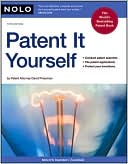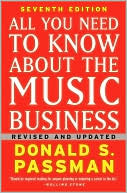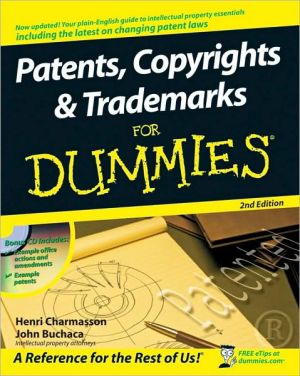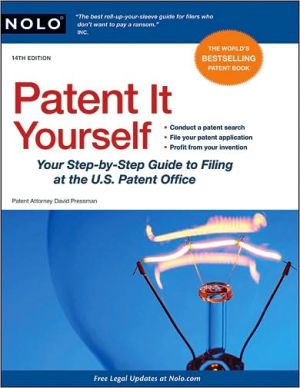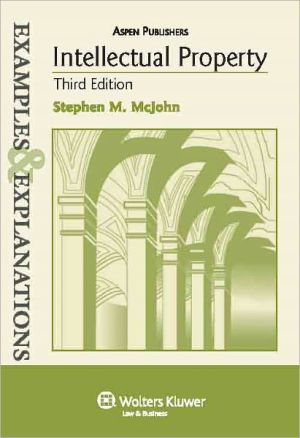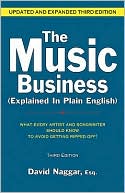Working Knowledge: Employee Innovation and the Rise of Corporate Intellectual Property, 1800-1930
Skilled workers of the early nineteenth century enjoyed a degree of professional independence because workplace knowledge and technical skill were their "property," or at least their attribute. In most sectors of today's economy, however, it is a foundational and widely accepted truth that businesses retain legal ownership of employee-generated intellectual property.\ In Working Knowledge, Catherine Fisk chronicles the legal and social transformations that led to the transfer of ownership of...
Search in google:
In most sectors of today's economy, it is a foundational and widely accepted truth that businesses retain legal ownership of employee-generated intellectual property. That was not the case in the 19th century, however, when workplace knowledge and technical skill were considered the property of skilled workers. Fisk chronicles the legal and social transformations that led to the transfer of ownership of employee innovation from labor to management and argues that this deeply contested development was won at the expense of workers' entrepreneurial independence and ultimately economic democracy.
\ From the Publisher"Well worth the wait."\ -EH.Net\ "This is a remarkable book, with a great deal of new information and a fresh perspective on the truly decentralized and diverse mechanisms that led to the corporate control of innovative activity we so often see today."\ -Journal of American History\ "A detailed, thoughtful study that makes effective use of archival business histories to illustrate how a few of the more interesting and pioneering American firms help to not only shape workplace innovation but also ultimately manage and regulate that knowledge. . . . Highly recommended."\ —Choice\ "Very readable and well-organized . . . of great interest to those specializing in contemporary aspects of intellectual property and labor and employment law, as well as to historians of labor, business, and technology."\ —IP Law Book Review\ \ \

